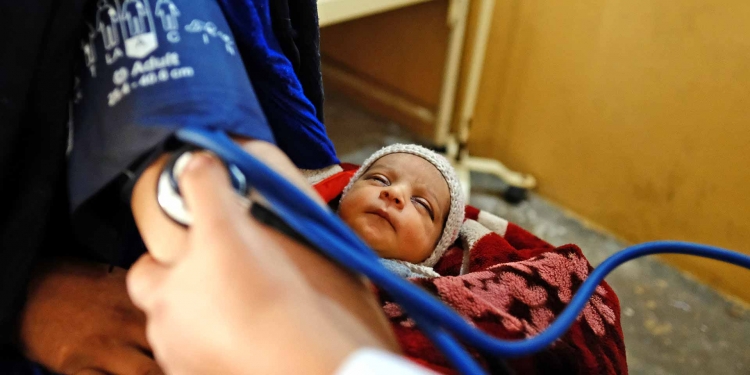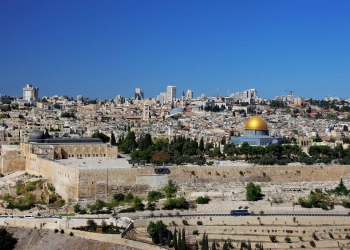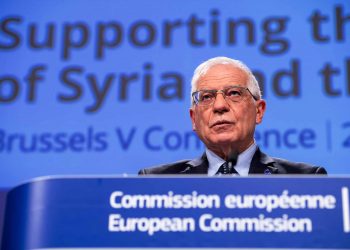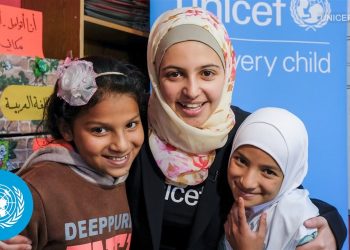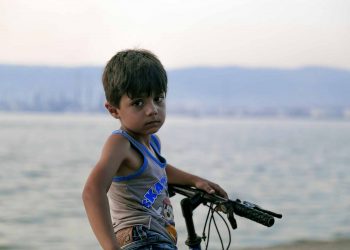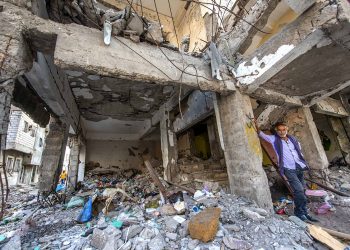The EU is collectively the biggest donor for international aid in the world and reconfirms further support for Afghanistan. EU provides over € 50 billion a year to help overcoming poverty and advance global development. EU implements the international agreements on aid effectiveness. EU grants focus to be accountable to EU citizens, who make solidarity initiatives possible.
The European Union reconfirmed now its long-standing solidarity and partnership with the people of Afghanistan. EU promises support of €1.2 billion over the period 2021–2025 in both long-term and emergency assistance at the 2020 Afghanistan Conference “Peace, Prosperity and Self-Reliance”.
The Afghan people can count on the European Union’s support for a prosperous and peaceful future for their country, but our support relies on democracy, human rights, and social progress being protected.
Josep Borrell Fontelles
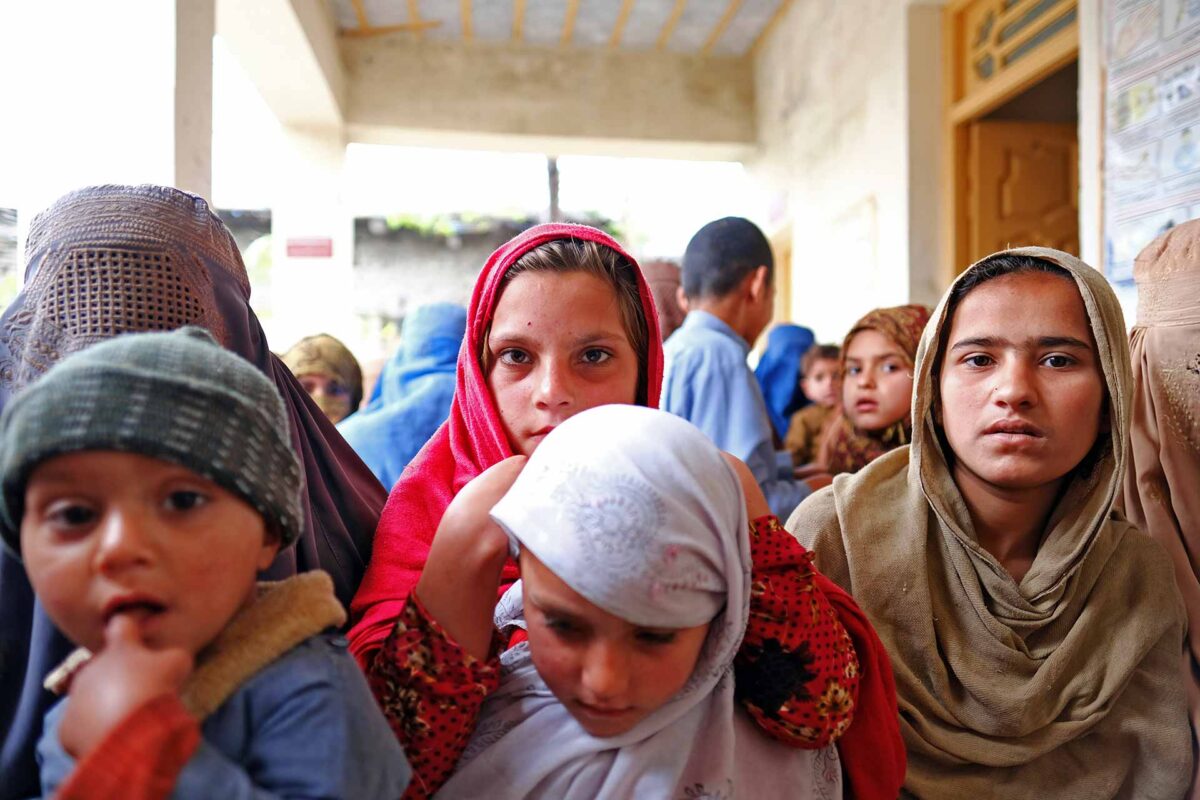
EU High Representative for Foreign Affairs and Security Policy / Vice-President of the European Commission, Josep Borrell, speaking at the opening session of the conference, added: “With intra-Afghan peace negotiations having started, but terrible violence still causing great suffering for the Afghan people, Afghanistan is at a crossroads.”
Commissioner for International Partnerships, Jutta Urpilainen, who announced the EU’s pledge at the conference and participated in a side event on anti-corruption, said: “A pledge of €1.2 billion for the next four years illustrates our commitment to the Afghan people. Our assistance will support the Afghan authorities’ agenda for democratic, sustainable development and modernisation, helping to lift people out of poverty, improve governance, reduce corruption and enhance the daily lives of the Afghan people.”
EU Strategy for Afghanistan
The EU’s relationship with Afghanistan reflect the 2017 EU Strategy for Afghanistan, aimed at strengthening the country’s institutions and economy. The 2017 Cooperation Agreement provides the basis for developing a mutually beneficial relationship in several areas such as: human rights, the rule of law, health, rural development, education, science and technology, the fight against terrorism, organised crime and narcotics. Most recently, EU27 have given further steer in the May 2020 Conclusions of the EU’s Foreign Affairs Council
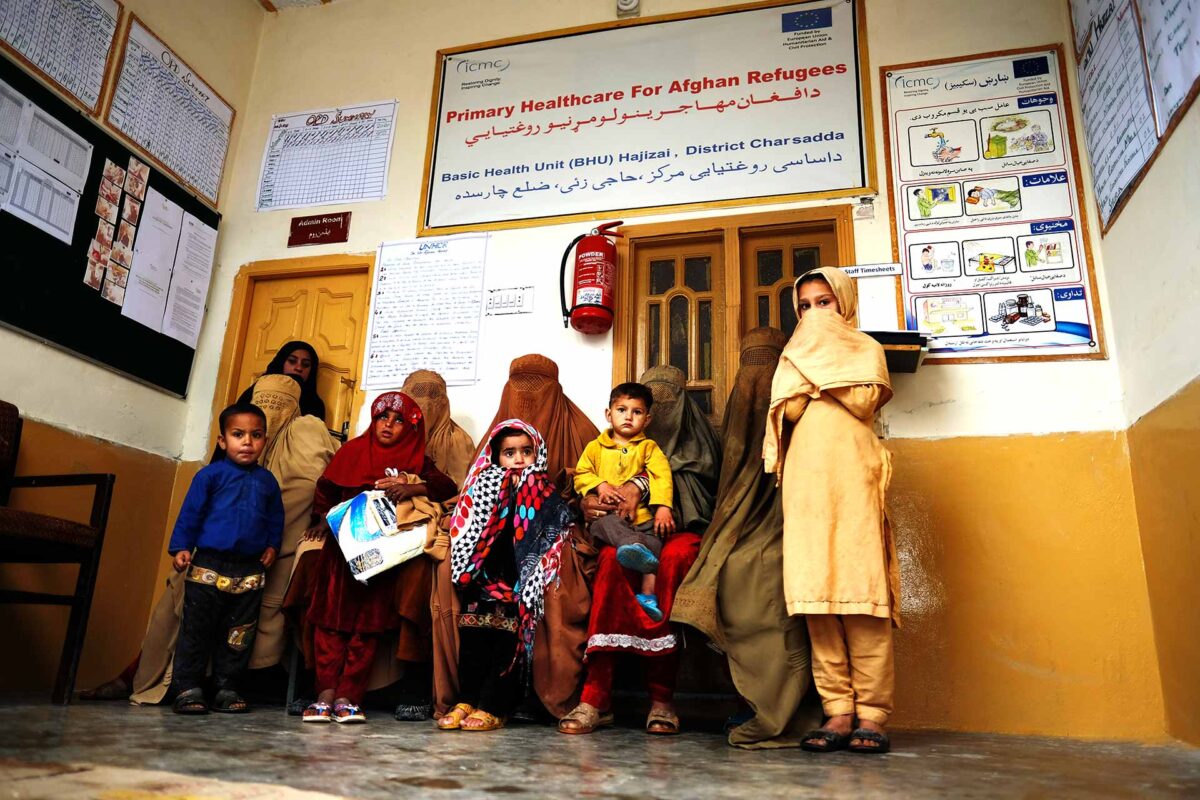
Commissioner for Crisis Management, Janez Lenarčič, who co-hosted a side event on sustainable peace building, as well as a high-level meeting on international humanitarian law and the protection of civilians in Afghanistan ahead of the conference, said: “We are boosting our humanitarian aid to help those most in need. While it must never become a political instrument, humanitarian assistance, International Humanitarian Law and protection of civilians must be central in the ongoing Afghan Peace Process negotiations. The protection of civilian lives and respect of International Humanitarian Law in conflict cannot wait for the end of the peace negotiations. It must begin now.”
EU among the most generous humanitarian donors
In 2016, the EU similarly pledged Afghanistan €1.2 billion euros over a four-year period. Actual payments in 2016–2020 exceeded €1.75 billion. In 2002–2020, the European Union has committed in total more than €5.1 billion to Afghanistan. Afghanistan is the largest beneficiary of EU development assistance in the world. EU support aims to preserve the political and development achievements of the last 19 years. European Union support follow strong democratic and human rights principles.
The EU has been among the most generous humanitarian donors to Afghanistan. Total EU humanitarian assistance in the country since 1994 amounts to almost €1 billion.
Significant but conditional support
The significant financial commitment demonstrates that the EU is unwavering in its determination to promote a peaceful, democratic, sovereign and prosperous Afghanistan. EU grants makes clear that EU development assistance is based on clear conditions and principles.
A paper co-authored by the EU and other key international partners of the country presents these conditions of support. EU provides 80% of international assistance to Afghanistan. According to EU HR Borrell and Commissioner Urpilainen at the Conference, the EU’s support to Afghanistan is conditional upon an inclusive, Afghan-owned, Afghan-led peace process that builds on the political and social achievements of the last 19 years. Preserving democratic pluralism, the constitutional order, institutional transparency and accountability, and the rule of law, further promoting human rights and fundamental freedoms, especially for women, children and minorities and including freedom of media, and pursuing sustainable peace, development and prosperity, are essential for Afghanistan’s future.
Afghanistan Partnership Framework
Many of the principles for EU and international support included in the Joint Political Communiqué and the Afghanistan Partnership Framework.
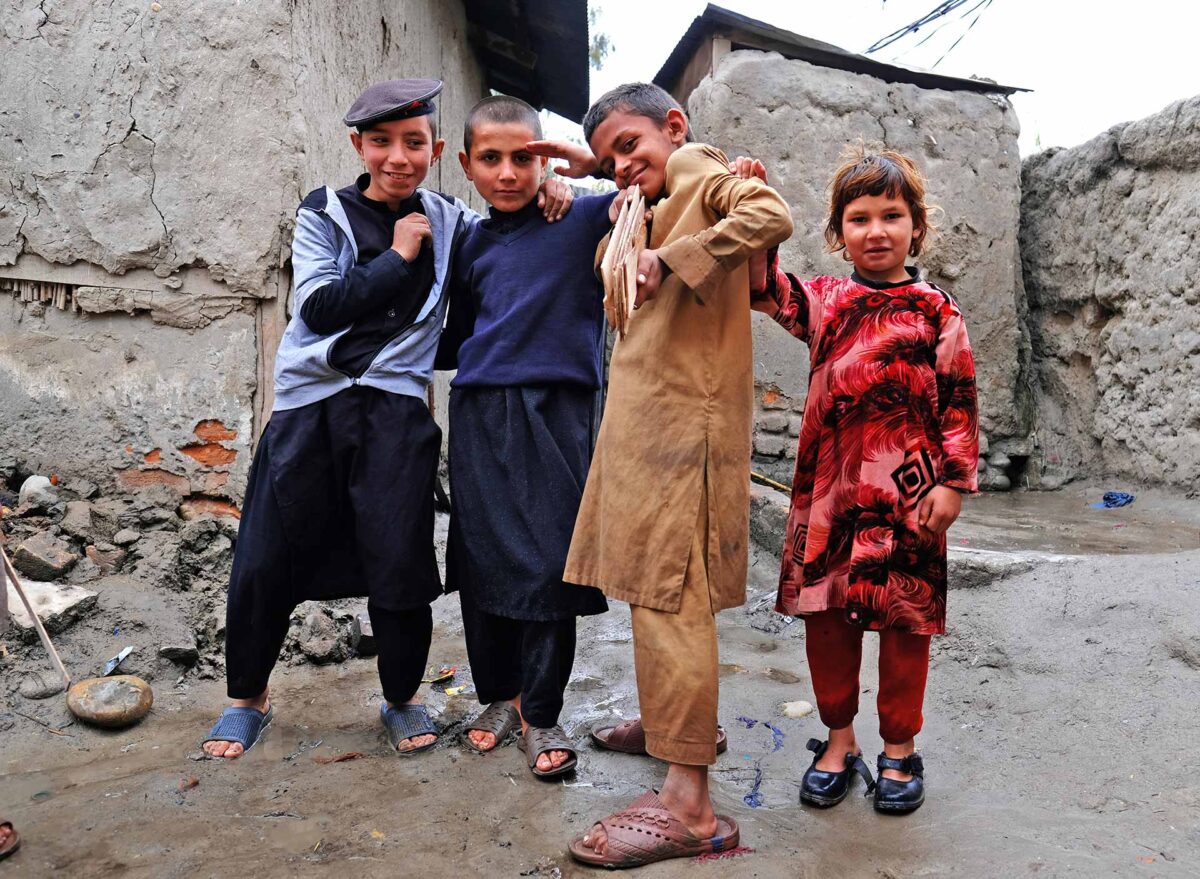
The EU’s development assistance is subject to adoption of the next EU Multiannual Financial Framework along the lines proposed by the European Commission on 2 June. This assistance will support implementation of the second Afghanistan National Peace and Development Framework covering the period of 2021-2025. The EU’s support will also help to address growing poverty levels in Afghanistan in the wake of the COVID-19 pandemic.
Alongside development support, the EU will also continue to provide impartial, life-saving humanitarian assistance, boosting the coronavirus response as well as assisting victims of conflict and forced displacement, including with emergency food provision, protection services to address gender-based violence, the education of children, as well as advocacy for respect of International Humanitarian Law by all parties to the conflict.
2020 Afghanistan Conference
Around 70 countries and more than 30 international organizations, along with Afghan Government officials and civil society representatives participated in the 2020 Afghanistan Conference. The Conference had organizers the governments of Afghanistan and Finland with the United Nations. Given the serious risks posed by COVID-19, all participants took part in the proceedings virtually, with the co-chairs located in the UN Palais des Nations in Geneva.
The Conference echoes the demand of the Afghan people for an immediate ceasefire and a lasting peace that they deserve – these demands must not be failed.
Pekka Haavisto, Finland’s Minister for Foreign Affairs
Renewal of international support
International community renews its long-term commitment to the people of Afghanistan with significant pledges at the conference. Afghanistan and international partners commit to shared development objectives for 2021–2024, and adopt a communique calling for an end to the war and a durable peace, stability and prosperity.
The 2020 Afghanistan Conference provided a strong expression of the international community’s enduring commitment to Afghanistan for the critical period ahead up to 2024. The donors pledged at least US$ 3.3 billion for the first year of the upcoming quadrennial, with annual commitments expected to stay at the same level year-on-year.
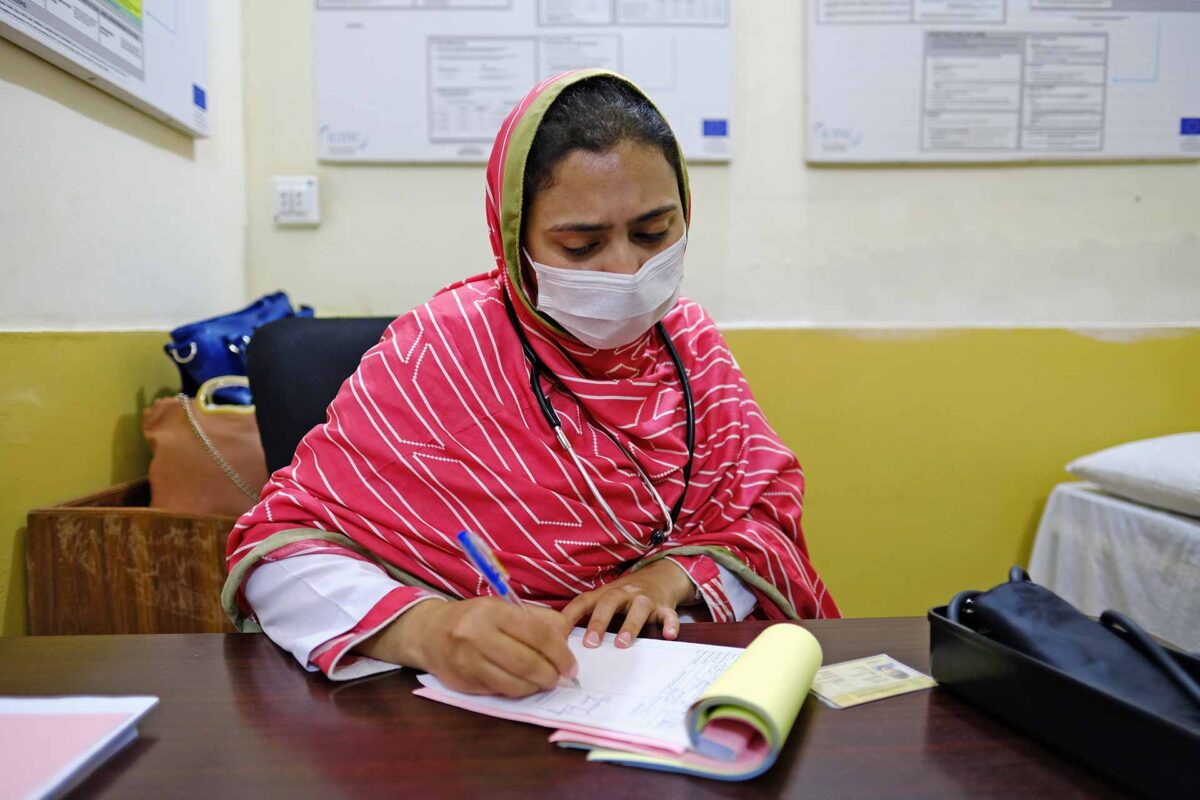
“We, the Afghans, want an end to the violence and are committed to finding a political settlement that can not only bring an end to the suffering of the Afghan people but strengthen, safeguard and preserve the gains of the past 19 years,” said Abul Hadi Arghandiwal, Minister of Finance. “Today’s conference must represent our solidarity in which our international donors and development partners can take decisive steps in continuing to support Afghanistan and its people.”
Afghanistan’s development partners remain firmly committed to backing Afghanistan through to 2024. All development assistance will be subject to annual joint review processes by the government and international partners with donors continuing to exercise their right to decide upon the level and modality of their annual financial support.

